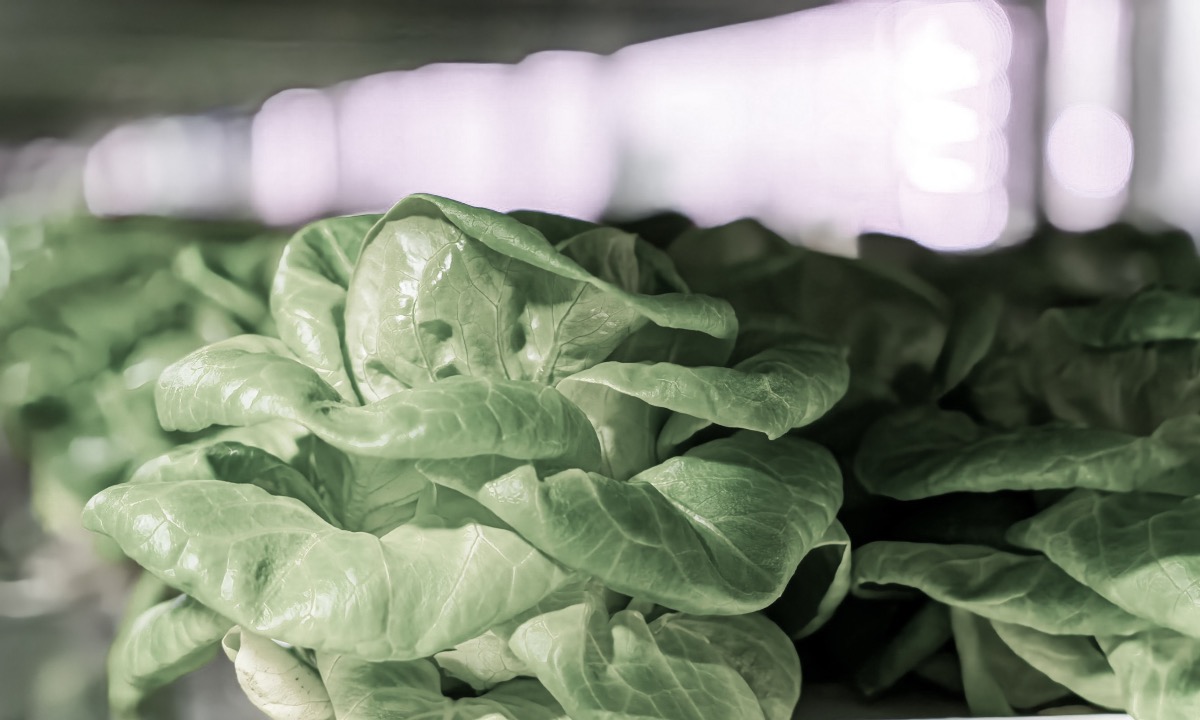"Time in the market, better than timing the market," says US vertical farm exec as Kalera makes official Nasdaq debut
By John Reynolds on Monday 18 July 2022

By John Reynolds on Monday 18 July 2022

Kalera officially debuted on Nasdaq under the ticker KAL on June 29 after its merger with Agrico Acquisitions Corp, in a deal valuing the combined business at around $375m.
“Time in the market is better than timing the market,” says the CMO of US vertical farming company Kalera, which has recently gone public via a SPAC.
Aric Nissen was responding to a question from Future Food Finance about why Kalera had chosen to go down the SPAC route amid a cooling off of the SPAC market.
Kalera officially debuted on Nasdaq under the ticker KAL on June 29 after its merger with Agrico Acquisition Corp, in a deal valuing the combined business at around $375m.
It is using the fresh capital to help build more of its next-generation vertical farms, which some believe will revolutionise the farming industry, in the US and beyond.
Its shares debuted at $14 a share but dropped to $6.21 on July 11.
Nissen said: “Getting listed on Nasdaq was an incredibly proud moment for the team, a milestone for the company.
“It is very important for the brand because it’s really a platform for investors and consumers. It’s really going to help with our liquidity and our ability to meet the capital needs.
“We are solving a huge problem here, which is we are running out of farmland and our population is growing and we have climate change and so when you put those things together, we need new ways of growing food and Kalera’s technology is unrivalled in that sense.
“Agrico came to us as a SPAC in this space and they basically looked at every player and what they determined was Kalera was the leader.
“Time in the market is better than timing the market. We have a long-term view, we know this is a platform that we needed to be successful and we took the moment.”
While gaining the sheen of a Nasdaq listing, going public via a SPAC has not been an easy road for its peers.
Last year, vertical farming outfit AeroFarms cancelled its $1.2bn merger with SPAC Spring Valley while AppHarvest, which merged with Nasdaq-listed SPAC Novus Capital in 2021, has seen its shares plunge since listing.
Kalera, previously, listed on the Oslo Euronext exchange, will be hoping for a better performance.
More broadly, listed FoodTech stocks have been suffering of late but Nissen says he “would be hesitant to really draw the correlation” between Kalera and other FoodTech stocks.
“Eventually the stock price catches up to the results you deliver as a company,” he adds.
Orlando-based Kalera currently distributes its produce across foodservice and retail, in over 1,500 retail locations.
It has four farms in the US- Orlando, Florida, Atlanta and Houston- and a further six under construction.
It also has a farm in Kuwait, following its €130 million.purchase last year of &ever GmbH, a Germany-based indoor farm outfit.
Also in its stable is Vindara, a seed science firm it acquired last year, which will help it grow products beyond leafy greens and herbs.
Kalera also recently struck a deal with US Foods, a leading US food distributor servicing restaurants, which will source greens for its foodservice operators from Kalera,
As part of the agreement, Kalera and Vindara will collaborate with US Foods to develop and launch new products to US Foods customers nationwide.
Production capacity overall is being amped up and Kalera expects its prodcution of leafy greens to reach 17m pounds by the end of the year.
The vertical farming company also recently announced it's looking to raise around $10m from an institutional investor, which saw its shares jump over 40 per cent.
Its latest financial figures show it reported revenues of $2.85m in the year ending December 31, with losses of $40.5m.
On the pricing of Kalera’s products, Nissen says: “I would say it’s close to organic pricing with better than organic attributes.”
2 August 2021
Paul Cuatrecasas
13 September 2021
Paul Cuatrecasas
30 June 2021
Paul Cuatrecasas
9 September 2021
David Stevenson